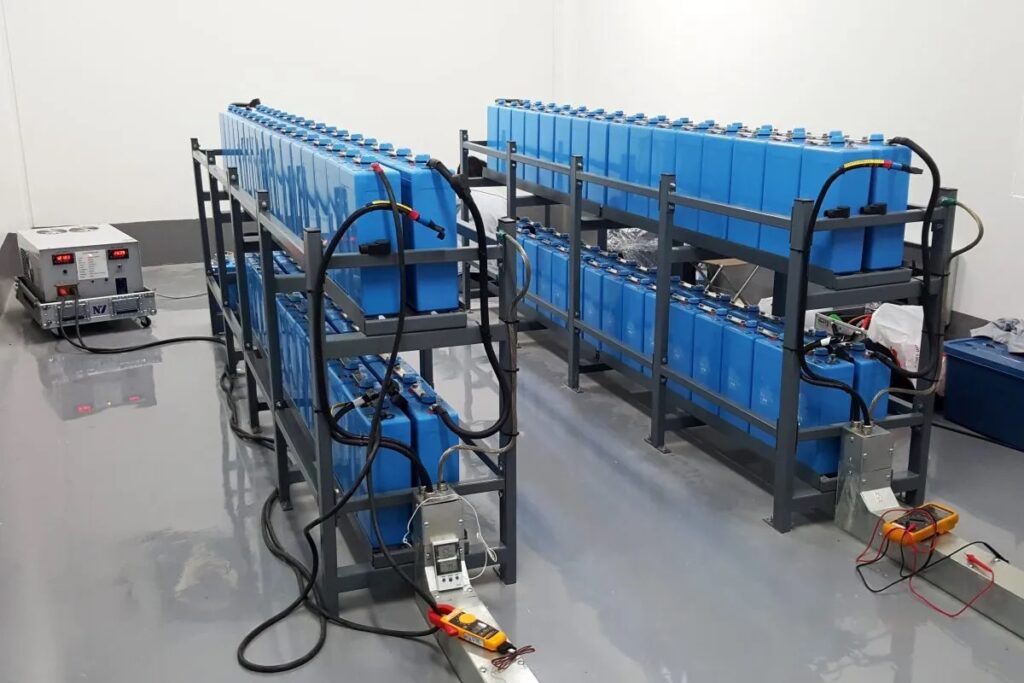Maintaining UPS batteries is essential for ensuring that they provide reliable backup power when needed. Regular upkeep extends battery life and prevents unexpected failures. Follow these maintenance tips to keep your UPS batteries in peak condition.
1. Regular Inspections
- Visual Checks: Inspect the battery terminals for any signs of corrosion or loose connections. Corrosion can impede performance, and loose connections can cause arcing.
- Check for Swelling: Swollen batteries are a sign of internal issues and must be replaced immediately to avoid leaks or damage.
2. Monitor Temperature
- Temperature Sensitivity: Batteries are sensitive to high temperatures. Ensure that the battery operates in an environment with a stable temperature range (typically between 20-25°C). Higher temperatures can significantly reduce the battery’s lifespan.
- Use Cooling Systems: In environments where heat is a concern, consider installing air conditioning or fans to keep the UPS cool.
3. Perform Battery Tests
- Run Self-Tests: Most modern UPS systems come with built-in self-testing functionality. Run these tests regularly to check the battery’s health and performance.
- Load Testing: Periodically conduct load tests to simulate power failures. This will give you an idea of how long the UPS can run under real-world conditions.
4. Replace Batteries as Needed
- Battery Lifespan: Lead-acid batteries typically last 3-5 years, while lithium-ion batteries can last longer. Monitor the age of your batteries and plan replacements ahead of time.
- Replace in Sets: If you have multiple batteries in your UPS, replace all batteries at the same time. This ensures balanced charging and discharging cycles.
5. Clean and Maintain Battery Terminals
- Cleaning: Corrosion can form on terminals over time, leading to poor conductivity. Use a baking soda solution and a wire brush to clean the terminals.
- Apply Anti-Corrosion Grease: Once cleaned, apply a small amount of anti-corrosion grease to prevent future buildup.
6. Check Fluid Levels (For Flooded Lead-Acid Batteries)
- Electrolyte Levels: If using flooded lead-acid batteries, check the electrolyte levels regularly and top them up with distilled water if needed. Avoid overfilling, as this can lead to leakage.


